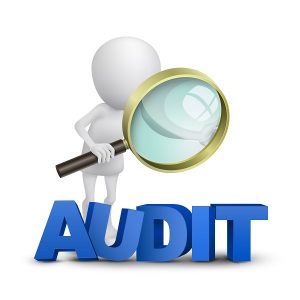Search
What to Do When You Can’t Pay Your Taxes

If you have an upcoming tax payment that you can’t pay, or have delinquent tax debt that is continuing to accrue, you may be tempted to delay filing your taxes. You may also want to avoid responding to any IRS notices you receive because you can’t pay off the tax debt listed on the notice. The desire to hide from your tax problems is understandable, but it is actually the worst thing you can do when you are unable to pay your tax liability.
Instead, you should file your taxes on time, respond to all IRS communications, and consider talking to a tax attorney about your options. Taking this proactive approach has several benefits, including the possibility of substantially reducing the amount of penalties and interest you owe and preventing any IRS collection actions.
Do Not Put Off Filing Your Taxes

 Tax Problem Attorney Blog
Tax Problem Attorney Blog














